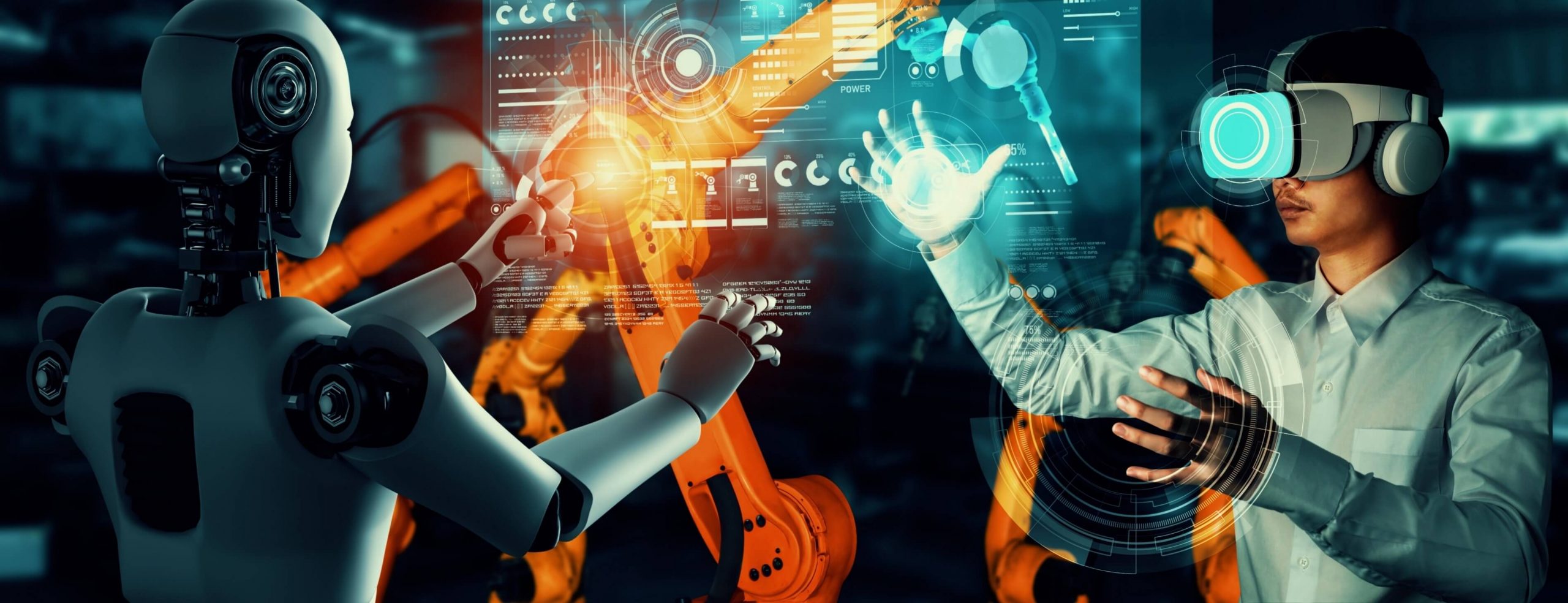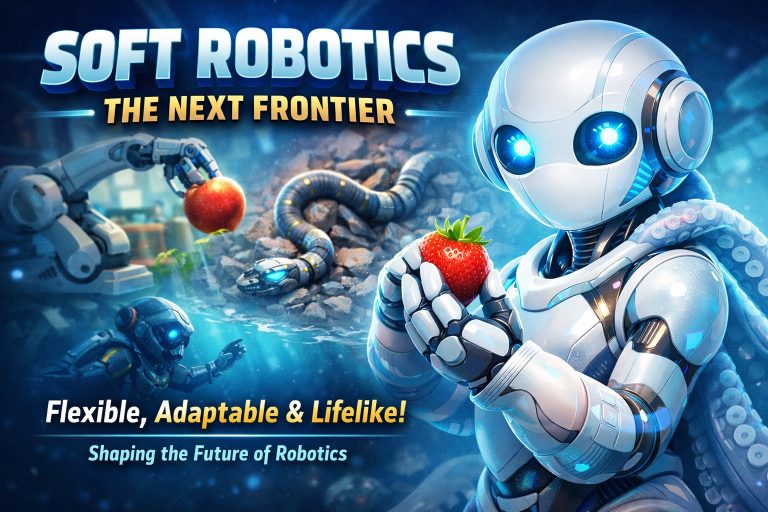
Artificial Intelligence (AI) and Machine Learning (ML) are revolutionizing industries, automating tasks, and unlocking new possibilities in data-driven decision-making. From self-driving cars to advanced healthcare diagnostics, AI and ML are at the forefront of technological evolution.
What is Artificial Intelligence?
AI refers to computer systems that can perform tasks typically requiring human intelligence, such as learning, reasoning, problem-solving, and language understanding.
What is Machine Learning?
Machine Learning is a subset of AI that enables systems to learn from data patterns and make predictions or decisions without explicit programming.
Types of Machine Learning
- Supervised Learning: Algorithms learn from labeled data to make predictions (e.g., spam detection, fraud detection).
- Unsupervised Learning: Identifies patterns in data without predefined labels (e.g., clustering customer data).
- Reinforcement Learning: AI agents learn by interacting with environments and receiving rewards (e.g., robotics, gaming AI).
Applications of AI & ML
- Healthcare: AI-driven diagnostics, robotic surgeries, and personalized medicine.
- Finance: Fraud detection, automated trading, and credit risk assessment.
- Autonomous Vehicles: AI-powered self-driving technology and intelligent traffic management.
- Cybersecurity: AI-based threat detection and risk mitigation.
- Natural Language Processing (NLP): Chatbots, voice assistants, and language translation.
Challenges in AI & ML
- Data Privacy: Ensuring ethical use of user data.
- Bias in Algorithms: Preventing discrimination and unfair decision-making.
- Computational Costs: AI models require vast amounts of computing power.
- Ethical AI Development: Ensuring AI systems are transparent, fair, and accountable.
The Future of AI & ML
AI and ML will continue to evolve, driving breakthroughs in multiple fields:
- Quantum AI: Leveraging quantum computing to enhance AI processing speeds.
- AGI (Artificial General Intelligence): AI systems capable of reasoning across multiple domains.
- Explainable AI (XAI): Developing AI models that provide human-readable explanations for decisions.
- AI in Space Exploration: Enabling autonomous spacecraft and robotic planetary exploration.
Conclusion
AI and ML are shaping the future, transforming industries, and redefining human-machine interactions. As innovation accelerates, these technologies will continue to push boundaries and create new opportunities.
For more insights on AI and futuristic technologies, explore Cryptonomas!



